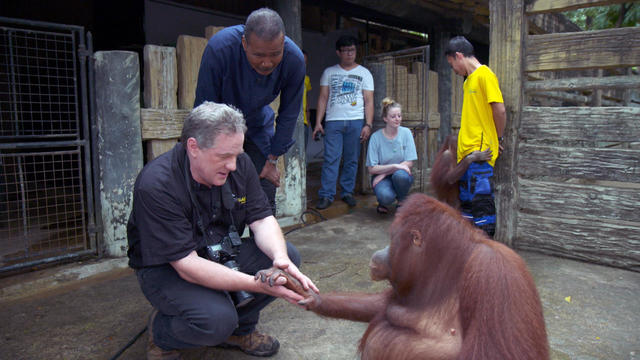
60 Minutes Presents: Whitaker's Wildlife Tour
The Atlantic great white shark's comeback; Then, the return of wolves to Yellowstone Park; And, on board Joel Sartore's Photo Ark
Watch CBS News
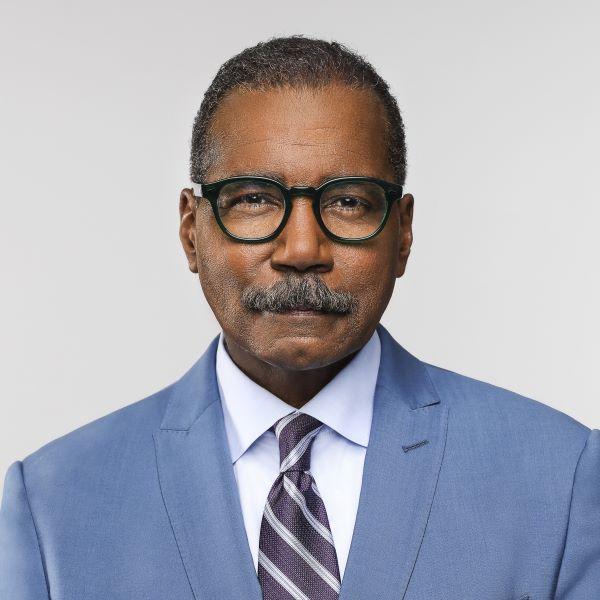
Bill Whitaker is an award-winning journalist and 60 Minutes correspondent who has covered major news stories, domestically and across the globe, for more than four decades with CBS News. He joined 60 Minutes in 2014 and the 2024-25 season is his 11th on the broadcast. Whitaker first arrived at CBS News as a reporter in 1984.
Whitaker has been honored with multiple journalism awards, including two Alfred I. duPont-Columbia University Awards (2023, 2017), a Peabody Award (2018), the RTDNA's highest honor, the Paul White Award for career achievement (2018) and numerous Emmy Awards.
Most recently at 60 Minutes, Whitaker interviewed French President Emmanuel Macron on the war in Ukraine and France's relationship with the U.S. He reported from Uganda on virus hunters searching for new pathogens to help prevent another pandemic. Whitaker sat down with former senior technical adviser Denver Riggleman who was inside the January 6th committee. He also visited the Notre Dame reconstruction that has continued four years after a massive fire tore through the French cathedral.
Previously for the CBS newsmagazine, Whitaker's investigation into "ghost guns" highlighted the legal purchases of gun parts that criminals are using to make deadly weapons and avoid licenses and background checks. He reported on the race for a vaccine and drugs to combat the coronavirus and the use of artificial intelligence to track the contagion. In 2019, Whitaker had the first television interview with sexual assault survivor Chanel Miller and earlier that year was the first to report on the evidence states were using to sue the makers of generic drugs in what state's attorneys general described as a massive collusion and price-fixing scheme that cost consumers billions.
Whitaker's investigation with The Washington Post into the origins of the opioid crisis has won more awards than any other work at 60 Minutes. The first report in the two-part series revealed how the DEA's efforts to curb the epidemic were hampered by a law pushed by drug industry lobbyists. The report was credited with forcing the law's chief sponsor, a congressman, to withdraw his nomination for the Trump Administration's drug czar. The next installment showed how the biggest opioid case in U.S. history against one of the world's largest drug distribution companies was settled by the government in a deal that shocked DEA agents. The joint reporting won eight awards including a duPont-Columbia University Award, a Peabody Award, an Emmy Award, and an RTDNA Murrow Award.
Whitaker's reporting at 60 Minutes has taken him abroad frequently to Asia, Africa, Europe, Mexico and the Middle East. He led a timely investigation of the vetting process Syrian refugees undergo before coming to the U.S. and interviewed the highest-ranking North Korean official to defect in decades. He covered the funeral of Nelson Mandela from South Africa, reported from Japan on the Fukushima nuclear disaster and from Haiti on their tragic earthquake. Whitaker was in Kabul during the early stages of the war in Afghanistan.
Domestically, his stories have provided keen insights into the hot-button issue of race and policing in America with his reports from Cleveland, Chicago and most recently, Tulsa, Oklahoma, where he landed the first interview with the city police officer accused of manslaughter for shooting an unarmed Black man. His stories have drawn attention to death penalty issues in the U.S. and America's heroin epidemic. Whitaker chronicled the epic battle to capture and hold Mexico's infamous drug lord Joaquin "El Chapo" Guzman, gaining rare access to investigations on both sides of the border.
Prior to joining 60 Minutes, Whitaker covered virtually every major news story on the west coast since he was posted to the Los Angeles bureau in 1992. He reported regularly for the CBS Evening News and other CBS News broadcasts. He also contributed to CBS Sunday Morning, turning out feature stories and thoughtful profiles on Barbra Streisand, Norman Lear and Gladys Knight and more. One of his most memorable Sunday Morning interviews was with ex-boxer Mike Tyson. Whitaker has also sat down with former First Lady Michelle Obama and Mexican President Enrique Pena Nieto.
In 2008, Whitaker covered Mitt Romney's presidential campaign. He was CBS News' lead reporter on the 2000 presidential campaign of George W. Bush.
Before his assignment to Los Angeles, Whitaker served as CBS News' Tokyo correspondent (1989-92). He covered stories throughout Asia, including the pro-democracy uprising in Tiananmen Square, military coup attempts in the Philippines and the enthronement of Japan's Emperor Akihito. He was in Baghdad for the build-up to Desert Storm.
Whitaker was based in Atlanta from 1985-88 where he won an Emmy Award for his reports on the collapse of Jim and Tammy Bakker's television ministry and covered the 1988 presidential campaign of Michael Dukakis.
Prior to joining CBS News in 1984, Whitaker was a correspondent for WBTV-TV, the CBS affiliate in Charlotte, N.C. He began his broadcast journalism career at KQED-TV in San Francisco where he was a producer, associate producer and researcher/writer.
Whitaker was born and raised in the Philadelphia area. He graduated from Hobart and William Smith Colleges with a B.A. degree in American History and from Boston University with a master's degree in African American Studies. Whitaker also holds a master's degree in journalism from the University of California, Berkeley. He has been awarded honorary Doctorates of Humane Letters from Hobart and William Smith Colleges (1997) and Knox College (2015.)
Whitaker lives in New York City with his wife.

The Atlantic great white shark's comeback; Then, the return of wolves to Yellowstone Park; And, on board Joel Sartore's Photo Ark
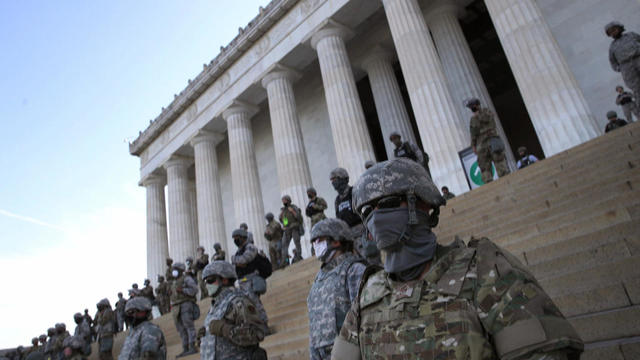
George Floyd's death sparked two weeks of protests that were answered with a military response from the Trump administration. The president of the NAACP Legal Defense Fund, Sherrilyn Ifill, speaks with Bill Whitaker about where the U.S. goes from here.
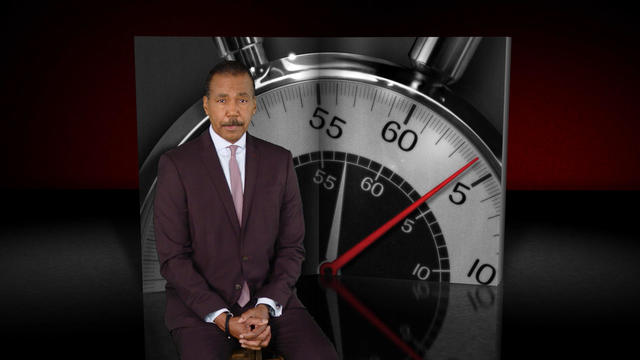
"This past week, Americans made their first, tentative steps from beneath the shadow of the COVID-19 pandemic, only to be confronted by a much older toxic threat to life in this country – racial injustice."
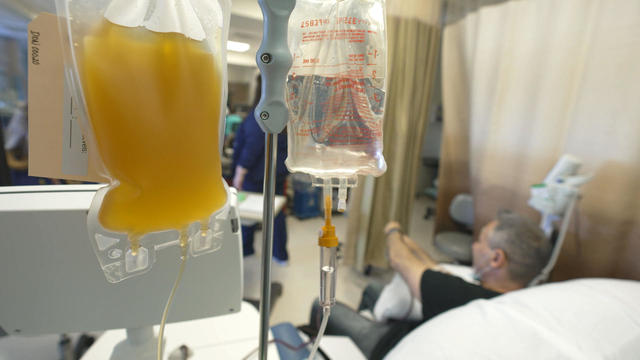
With no vaccine, doctors have turned to plasma therapy to treat patients ill with the coronavirus. Bill Whitaker reports on one hospital's program to infuse those who are sick with antibody-rich plasma from people who've recovered from the virus.
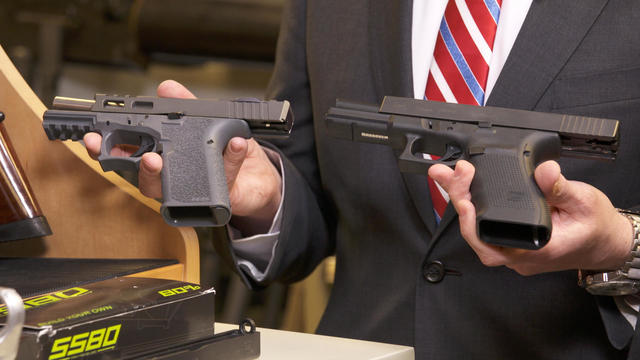
Under federal law, they require no background check or serial number, making ghost guns a growing weapon of choice for criminals.
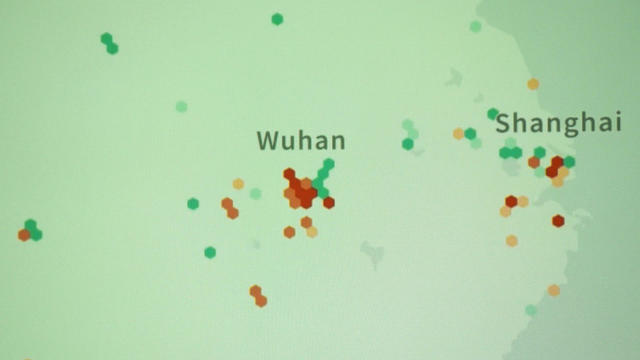
On New Year's Eve, a small company in Canada was among the first to raise the alarm about an infectious disease outbreak. Its computer algorithm calculated where the virus might spread next. The technology could change the way we fight another contagion.
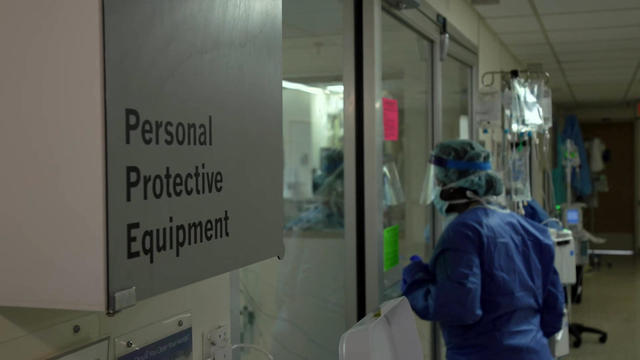
60 Minutes speaks to a doctor who says NYC hospitals are like hell on Earth as waves of patients suffering from COVID-19 come through their doors. And a nurse says the U.S. is treating the virus with equipment that lags behind what's being used in other countries.
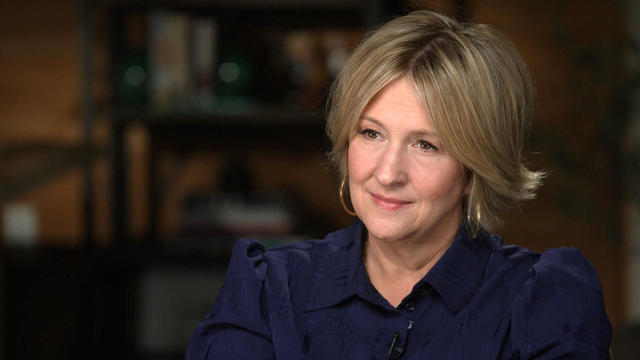
The popular lecturer, author and podcast host tells 60 Minutes why people shouldn't associate vulnerability with weakness, why she wishes her work would not be called "self-help," and how her own struggles help her connect with others.
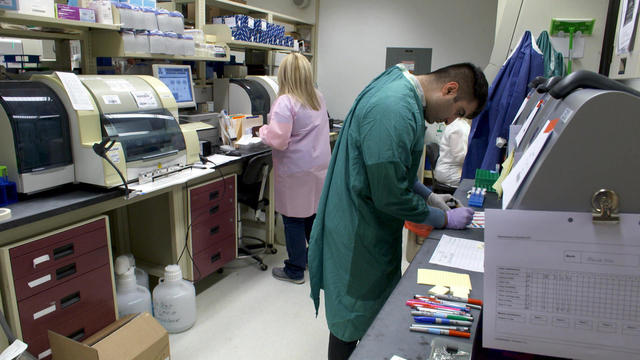
The rapid spread of the COVID-19 virus has prompted medical researchers worldwide to go on the offense and look for vaccines and treatments. Bill Whitaker reports on some of the leading efforts.
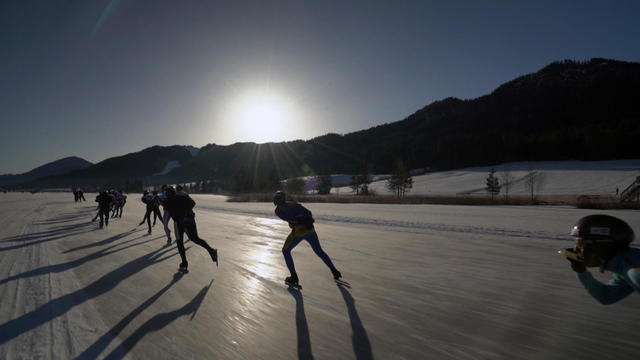
Bill Whitaker reports on one of the Netherlands' greatest traditions that may never happen again, the Elfstedentocht, a 125-mile skating marathon across frozen canals through 11 cities.

A tiny country in "Hurricane Alley" is trying to be an example to the world after Category 5 storms demolished parts of its electrical grid. Bill Whitaker reports on the Bahamas' adoption of solar energy.
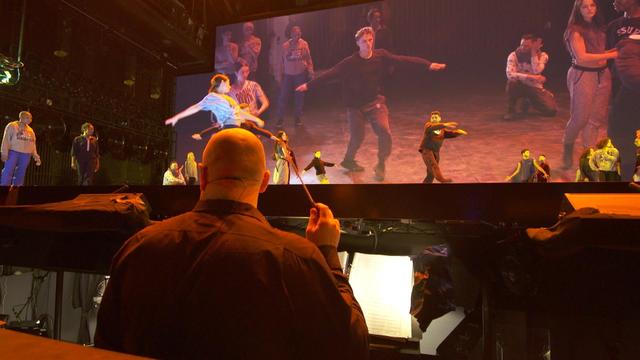
"West Side Story" is getting an update. Bill Whitaker reports on the new twists making their way to one of America's most iconic musicals.
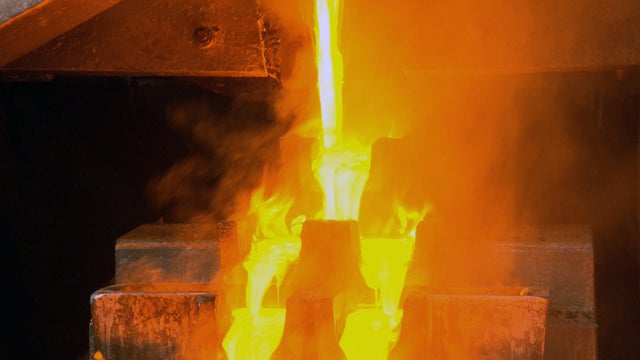
A South African gold mine that goes two miles beneath the Earth's surface holds far more than just precious metals.
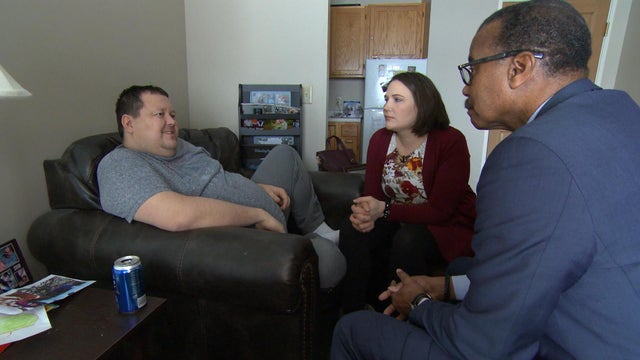
Bill Whitaker reports on FTD, a devastating illness and the most common form of dementia for Americans under the age of 60
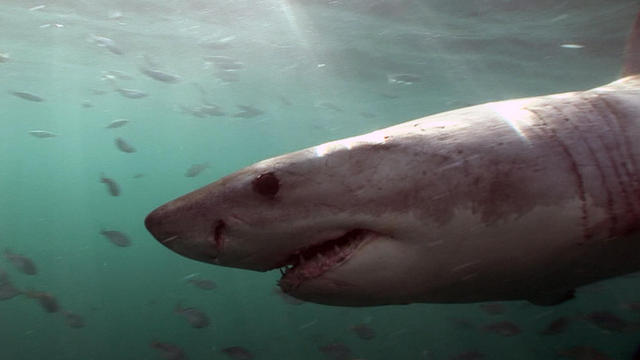
More sharks are being spotted near beaches in the North Atlantic Ocean, some just feet from the shoreline. Bill Whitaker reports on why the sharks are swimming so close and how scientists are tracking them